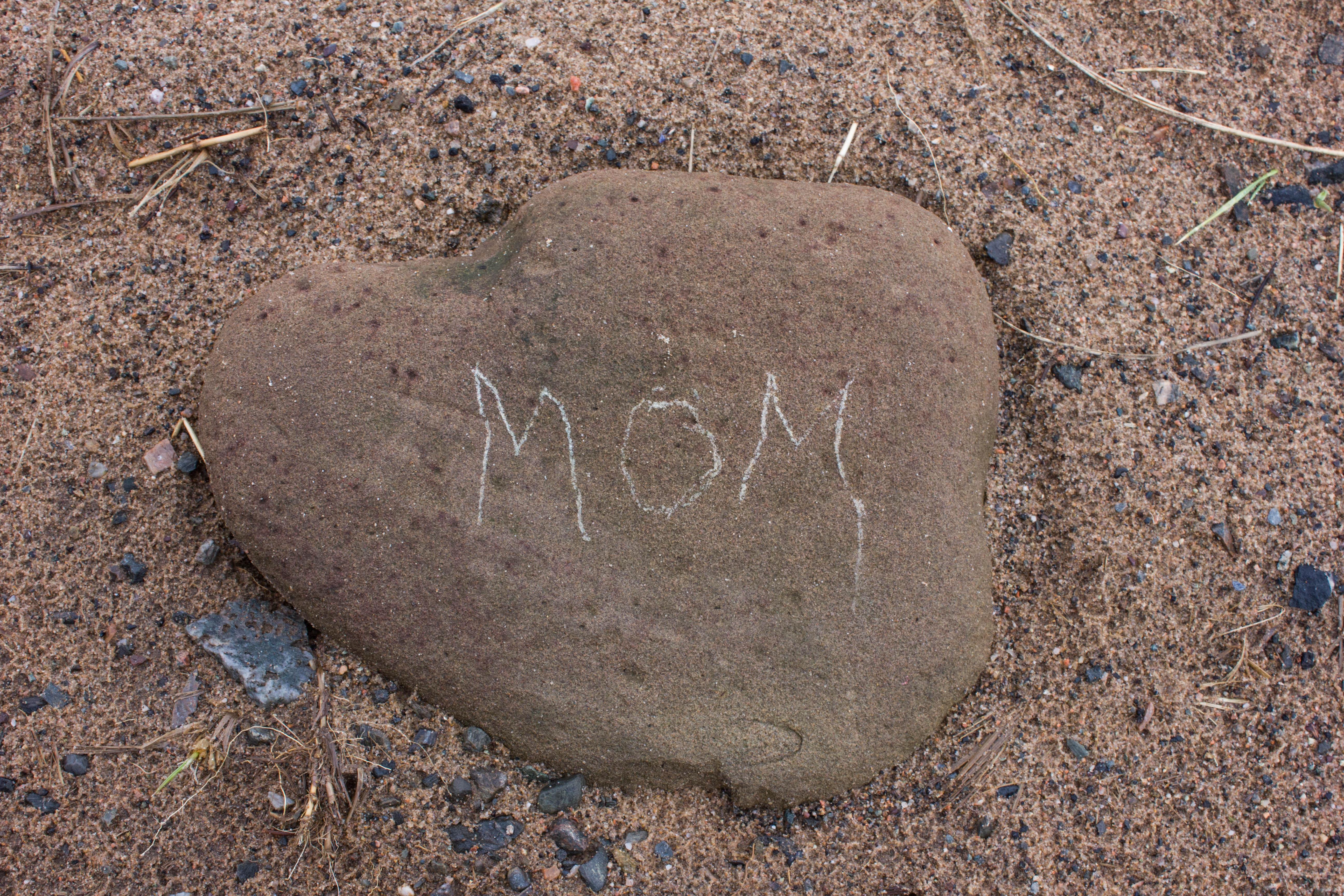
15 May Gifting money from your deathbed
Photo: cbcs/morguefile.comQ. My mother is dying. Do we have to write checks before she dies for the annual exclusion or can we do it before Dec. 31 after she dies? We usually do it late in the year but we don’t think she will make it very long.
— Son
A. We’re sorry to hear about your mom.
Whatever gifts she wants to make must be done during her lifetime.
The annual federal gift tax exclusion allows an individual to gift up to $14,000 in 2017 without those gifts counting against the individual’s lifetime gift exemption, which is $5.49 million in 2017, said Shirley Whitenack, an estate planning attorney with Schenck, Price, Smith & King in Florham Park.
The gifts can be made to as many people as the individual wants.
“Gifts in excess of the annual exclusion will reduce the individual’s federal estate tax exemption, which also is $5.49 million in 2017,” Whitenack said. “Annual exclusion gifts can only be made during the individual’s lifetime.”
In order to qualify for the annual exclusion, the gift cannot be in a “future” interest, said Catherine Romania, an estate planning attorney with Witman Stadtmauer in Florham Park.
It must be in a “present” interest, for example, cash that can be used immediately, she said.
Once the gift is complete, should the donor die, the value of the gift will be excluded from the calculation of the donor’s taxable estate for purposes of calculating the estate tax, Romania said.
“To be complete, checks must not only be written before death, but must also be cashed before the donor’s death since up until the time the check is cashed the donor can cancel payment on the check,” Romania said.
If the person receiving the gift is not a Class A beneficiary — parent, grandparent, spouse, domestic partner, civil union partner, descendant, stepchild — and the gift is within three years of the donor’s death, then the gift may trigger New Jersey inheritance tax, she said. That’s because gifts within three years of death are presumed to be in contemplation of death and brought back into the estate to be taxed.
This presumption can be rebutted with evidence of a history of making similar gifts over a period beyond the three years prior to death, Romania said.
“If the donor is not competent to make the gifts and these checks are being written by an agent under a power of attorney, it is important to ensure that the power of attorney gives the agent the power to make gifts otherwise the gifts may be void,” she said.
Email your questions to .
This story was first published in May 2017.
NJMoneyHelp.com presents certain general financial planning principles and advice, but should never be viewed as a substitute for obtaining advice from a personal professional advisor who understands your unique individual circumstances.
